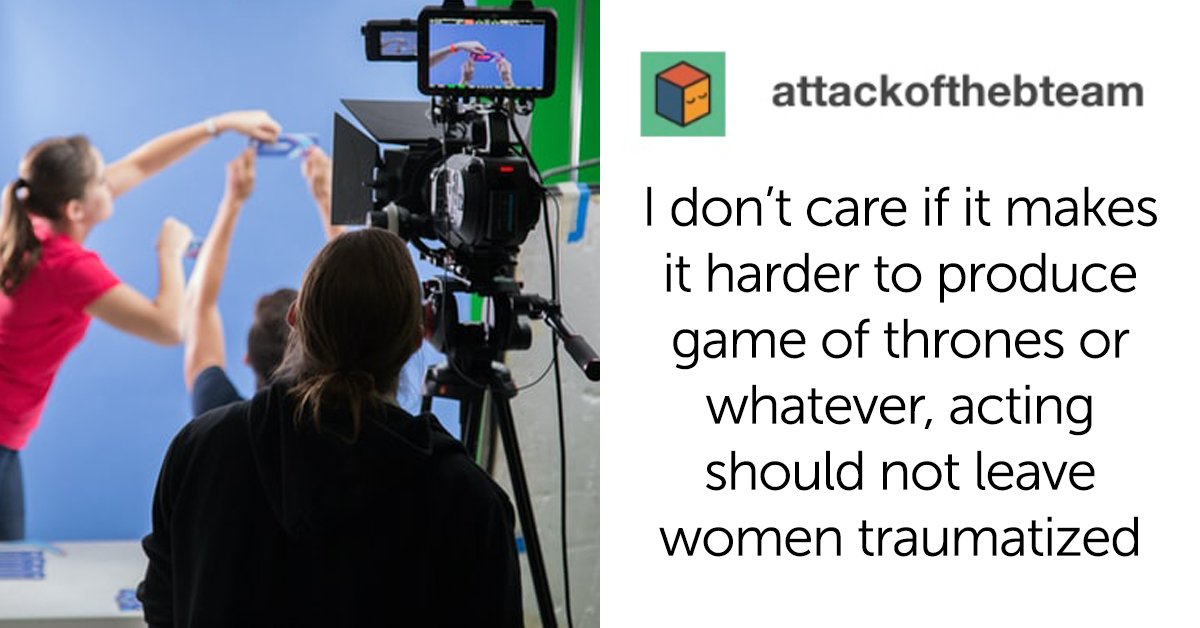The past year in particular has shown us all just how much we value — nay, need — people who work in film and television. I’m one of them. This is an important read.
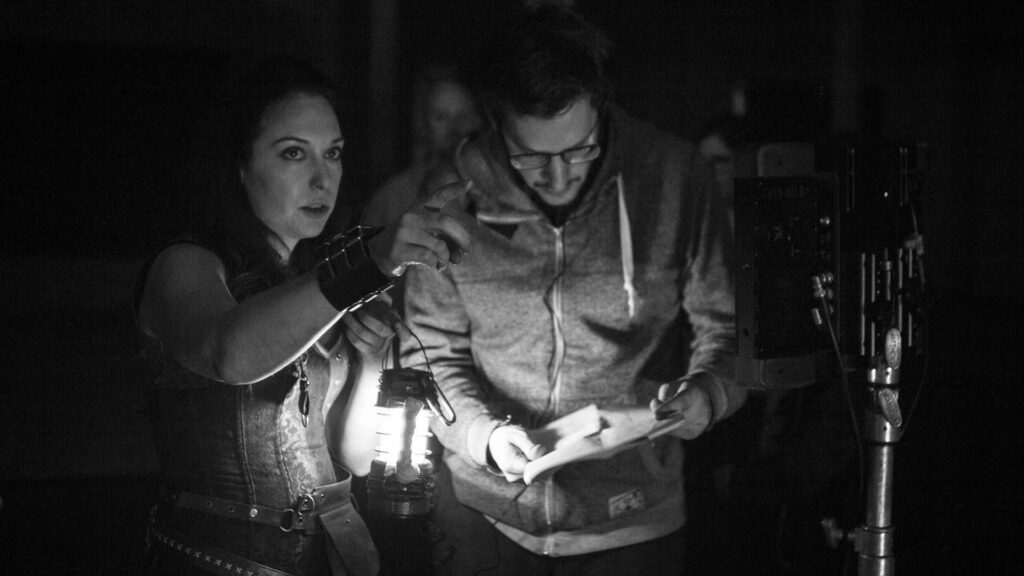
Yes, we have unions and yes, they’ve fought to protect us. The Screen Actors Guild has some of the most stringent requirements for COVID-era filming, for example. But that’s not true for every member of the crew and if you aren’t union, you aren’t covered by the rules.
I’m sure you’ve heard stories about insane hours leading to drowsiness behind the wheel, about Sarah Jones, the camera assistant killed in a train accident while filming, but there are so many more.

That statement led to Tumblr user Squeeful explaining just how difficult the industry is.
Okay I know this is about acting and people are getting more traction about it (sexuality safety coordinators are a job! yell about them. demand your shows get them) but
Any person who has worked on a set for more than a few years has at least one person they know who died.
Not usually on set, but afterwards. Because we don’t have anyone shutting down production for unsafe practices when “unsafe” means 16 hour days. Or more. For weeks. Finishing a day before hour 12 (not including lunch) is considered an early leave.
I had teachers tell us not to, unless we absolutely had to, take music video gigs because they’ll work you for 24 hours and send you to drive home. And if we had to work that, pull over and nap in our car because multiple people per year fall asleep at the wheel and go over the canyons around LA.
I know you mean acting but please. Don’t forget the crew. We have a shockingly high rate of suicide because these working schedules leave us with no sleep, no time outside of work, and it destroys lives, relationships, and families. Burnout is high. Chronic illness and broken bodies are common. Cocaine use in order to get through a 20 hour day is rampant. Every single one of your reality shows is fueled by cocaine.
The number of days that are scheduled to shoot a feature has shrunk dramatically in the past two decades. Which means longer days.
Netflix shows are notorious for being poorly organized, understaffed, and long days.
There are labor laws but what they do is levy fines. Those fines are either factored into budget, people are bullied into not reporting actual hours, or crew members see them as incentive to take those jobs because more money and cost of living is high. (Also this industry has a crew culture of dick measuring by sticking your wang in a blender and boasting about how many 100 hour weeks you pulled.)
Animated films are not exempt from the incredibly grueling days.
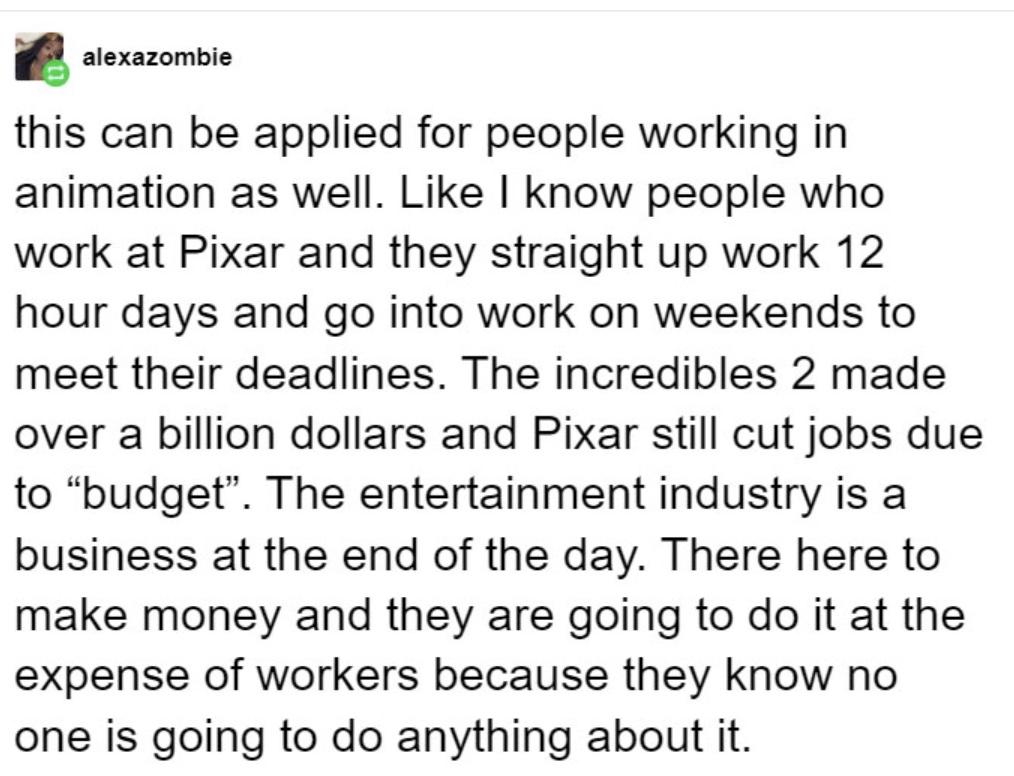
In the UK, however, labor laws do a much better job protecting employees than they do in America, where unions (which are often villainized) have to pick up the slack.
This is why I get pissy when people have a go about British TV shows only producing 10-12 episodes per season at most, instead of 24. Do you know why? Because the UK has fucking labour laws.
When I worked on BBC Causalty, as soon as it hit 5pm, everything stopped. The producer/director etc would have a quick meeting to decide if we’d go into overtime or schedule it in later in the week. And I got an extra payslip in the mail for every minute of overtime I did, even though I was paid a weekly rate.
I don’t care if it means producing less content. I don’t care if it means it costs twice as much – if treating your creatives and your crew like shit is needed to make your show, then your show doesn’t deserve to get made.
And that’s aside from the fact that actors are often exploited, neglected, coerced into doing scenes they’re uncomfortable with etc or outright abused by directors for the sake of ~performance.
No art is worth that.
And check out New Zeland’s laws:

(It is worth pausing to note here, however, that with California’s labor bill AB5, crew members are also considered employees here, not contractors; actors have always been employees, per SAG. Anyone paying them as contractors is, technically, breaking California laws.)
It’s also important to note that just because cast and crew are working 18 hour days regularly does not mean they’re compensated well. It remains to be seen how COVID will affect our working days — at the beginning, there were strict policies put in place by SAG that kept us to 12 hour days. If SAG forces a rule like that, it usually means other guilds and crew members are also included — if only because it’s tough to shoot without the actors.
Here are how some users responded to the reality of working in THE INDUSTRY:
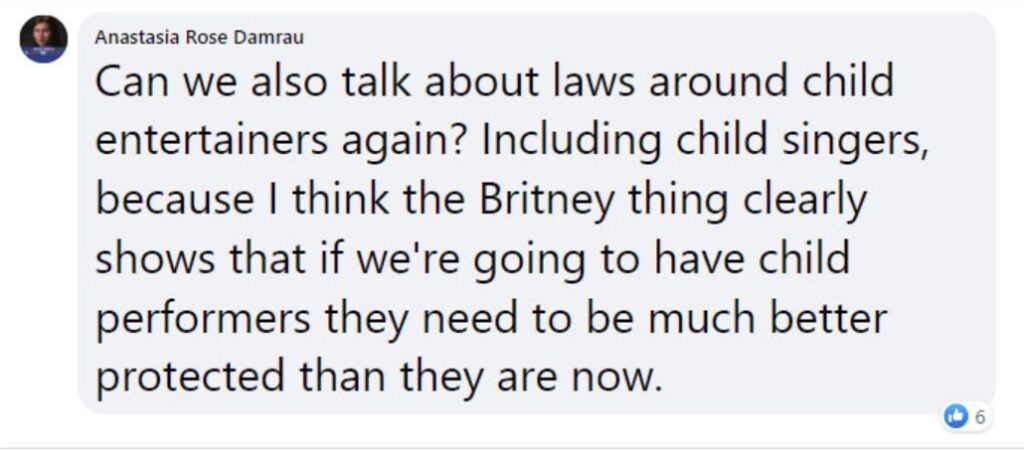

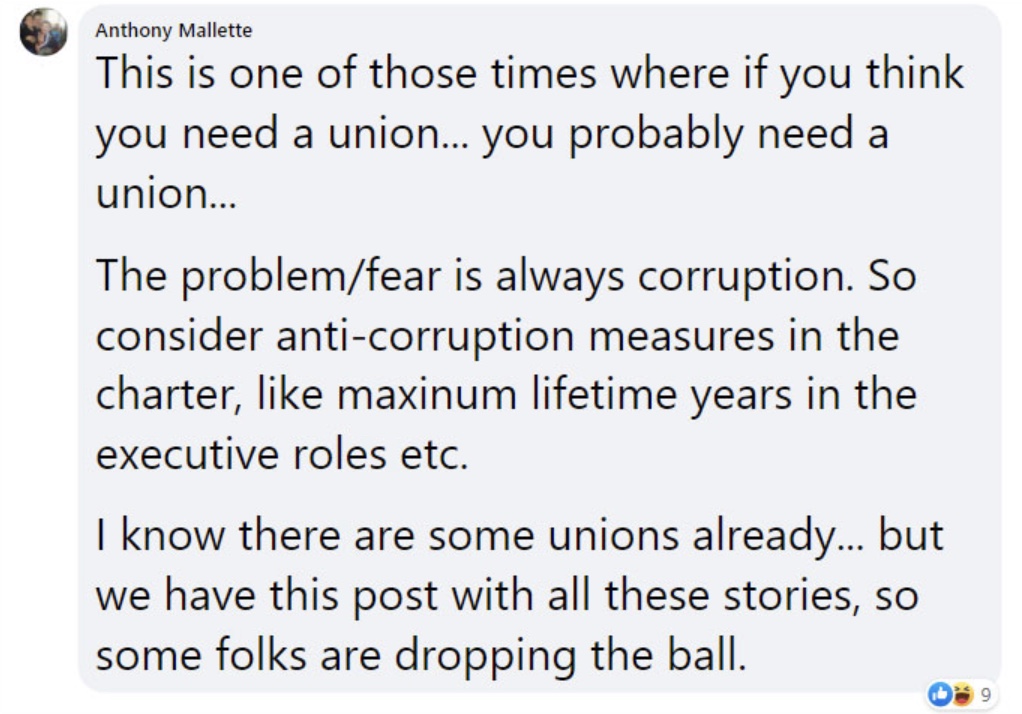

Lead image: Unsplash

